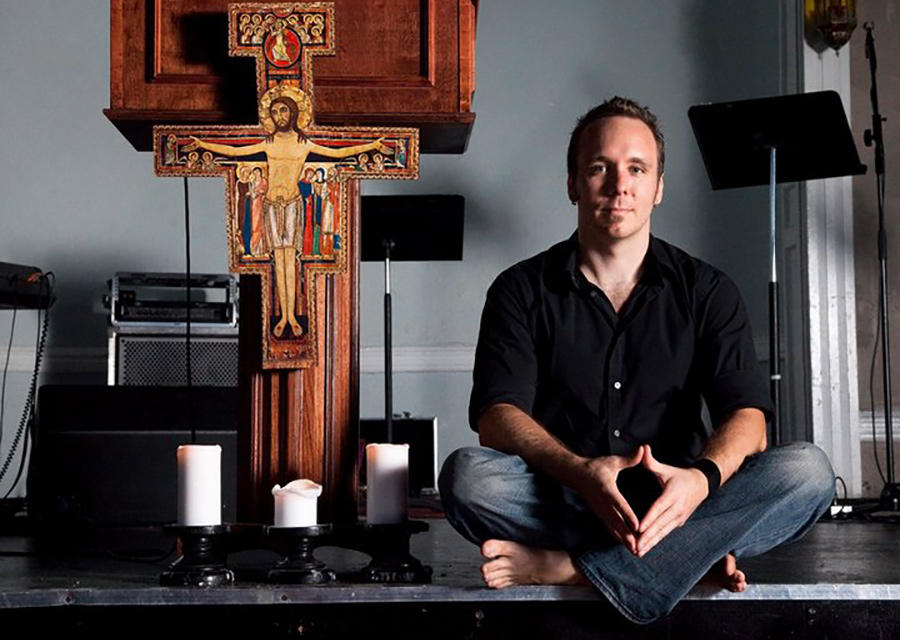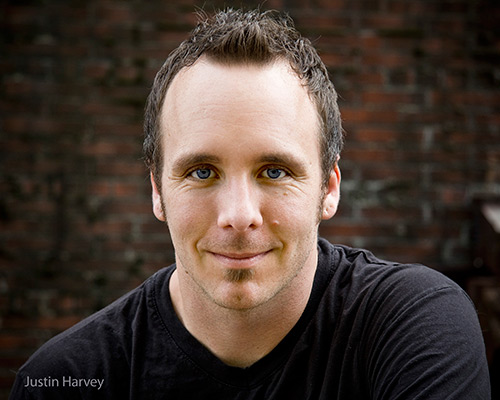I Am Not A Christian
B.C. and A.D.
I grew up secular and had only a few memorable interactions with Christians throughout my childhood. In my mid-teens I stumbled into the teachings of a guy named Yeshua Hamashiach (frequently called Jesus, the Christ). I found his ideas to be challenging and compelling, and so I began practicing them in my daily life. His teachings revolutionized how I esteemed myself and others, and they informed nearly every decision I would make from that point forward. Twenty-three years later I am still practicing his teachings.
It was several months after starting this journey that I began making my first connections with Christians, after Christian peers noticed the changes I had undergone and invited me to join their communities. I quickly realized there are many sub-groups that claim the term “Christian” and while their stylistic differences could be vast, they universally professed a commitment to living by the example modeled by “the Christ”. That was enough for me to believe that I had become one of them, but within a year after immersing myself in Christian communities, I began to distance myself, convinced Christianity and the term Christian were not for me.
What’s in a name?
It’s important to understand that Yeshua wasn’t a Christian. He didn’t start Christianity. In fact, from his teachings we can see that he never intended a new religion to be formed around him. He was Jewish, unabashedly Jewish, immersed in Judaic culture from birth to death to resurrection. He fervently opposed the politics and corruption that had inundated Judaism’s religious establishment, and he revealed a new way of interpreting Judaic tenants, showing the hidden character of God, and ultimately making God accessible to all of humanity, not just those of Jewish faith. One of my favorite examples of this comes from the Gospel of John. In it Yeshua encountered a Samaritan woman while visiting a water well. A significant element of this story is how culturally taboo this encounter was. At the time, the rift between Jews and Samaritans was vast. Imagine the tensions you’d find between west coast Bloods and east coast Cripps, Northern Ireland’s Catholics and Protestants, or FOX News and CNN fans… shade was constantly being thrown. Yeshua wasn’t participating in that foolishness. He engaged the Samaritan woman, started conversation and dispelled the taboo of their interaction when she brought it up. She realized he was someone unique and responded, “I can tell you’re a prophet! Help me understand why my people worship God on the mountain before us, but your people claim we’re supposed to worship in Jerusalem.” Yeshua’s response was simple, “Just because that’s how it’s always been done doesn’t mean that’s how it is. A time is coming—in fact, it’s here right now if you’ll choose it—when you will worship God neither on this mountain nor in Jerusalem. You’ll be true worshiper who will worship with your life, by your words and deeds and motivations, no matter where you are.”
This interaction set a precedent for Yeshua’s followers. Life with God wasn’t meant to be lived only in the churches for a few hours on one day every week – it was a 24/7 life. It was a chance to discover one’s unique identity as designed by the Creator, and to embrace that identity through action.
The Samaritan Woman story isn’t a mere anecdote – the teachings of Yeshua and the canonized writings of his early followers are filled with instructions to resist the religification of faith so that the substance gained in following Yeshua isn’t lost in creating the appearance of following him. We see this stated rather bluntly in Colossians 2: “So, then, if with Christ you’ve put all that pretentious and infantile religion behind you, why do you let yourselves be bullied by it? ‘Don’t touch this! Don’t taste that! Don’t go near this!’ Do you think things that are here today and gone tomorrow are worth that kind of attention? Such things sound impressive if said in a deep enough voice. They even give the illusion of being pious and humble and ascetic. But they’re just another way of showing off, making yourselves look important.”
Ergo
I had the fortunate experience of becoming a follower of “the Christ” outside the confines of Christianity, without its traditions, rules, and cultural expectations. From that vantage point, there’s a stark unfamiliarity I often see between the teachings of Yeshua and the religious system that was established to follow him. Since I had already formed a worldview prior following Yeshua, I know that the outsider’s view I had of Christianity was equally misrepresentative. This is problematic. The term “Christian” has wildly varied definitions based entirely on each individual’s past experience (or lack thereof) with people who call themselves Christians. The word—coined during the first century A.D. in a city called Antioch to describe the unusual people following a murdered and then resurrected hero—has lost its meaning. It’s now entirely subjective. This is why I have no reservations about distancing myself from Christianity. It’s a word that lacks cohesive definition because it is largely divorced from the Christ from whom it was derived. As Inigo Montoya would say, “You keep using that word. I do not think it means what you think it means.”
I am not a Christian because I have no idea what you think that means. I am a follower of Yeshua Hamashiach and the only way you can find out what that means is by trying it yourself.
Photo by Camille Perreault
10

